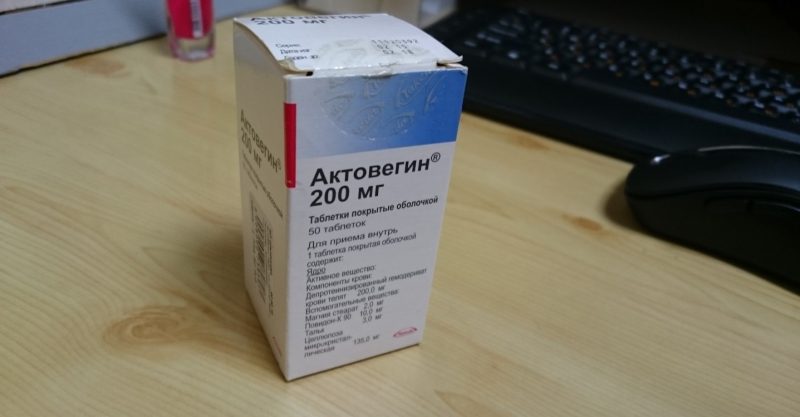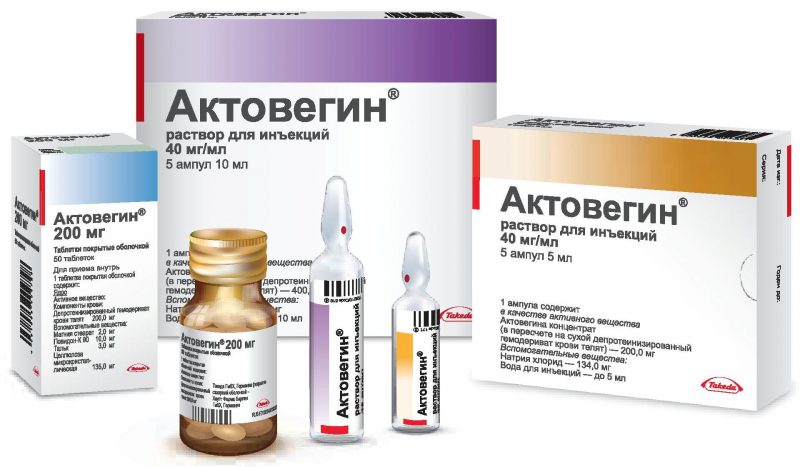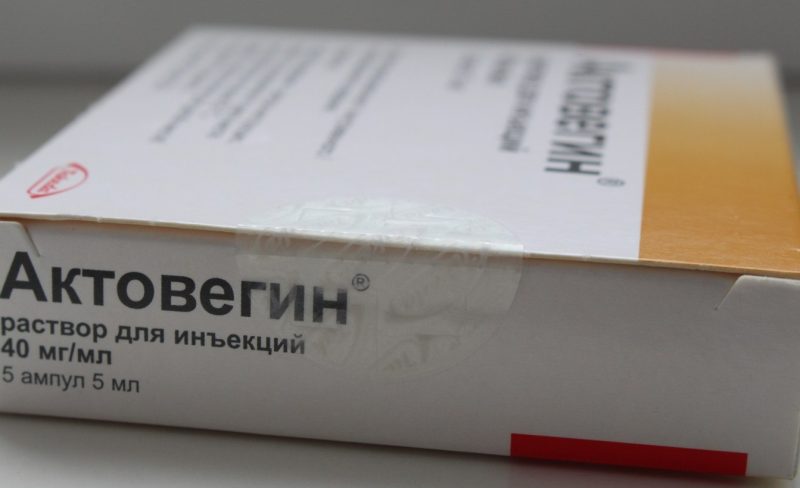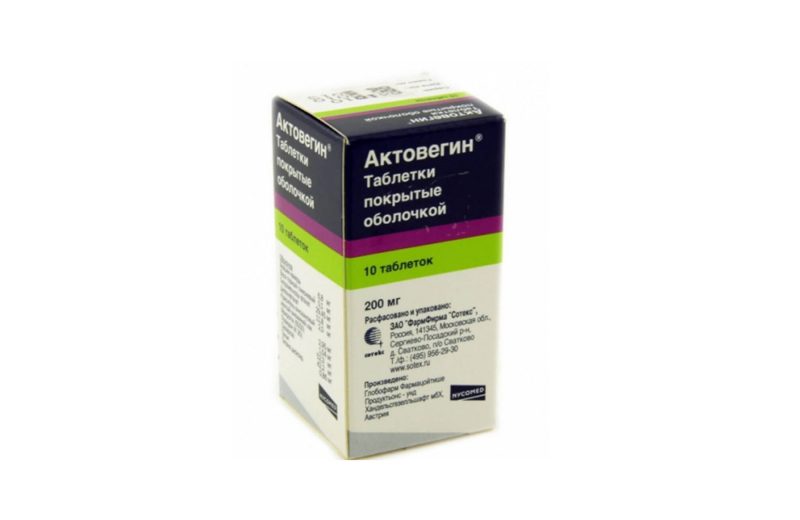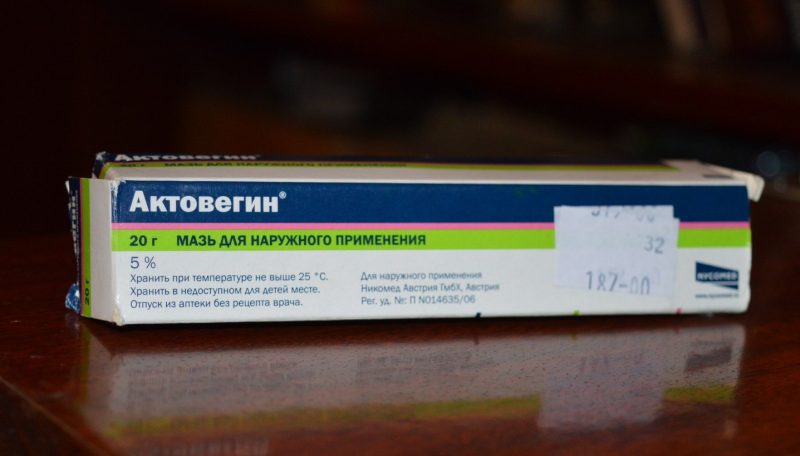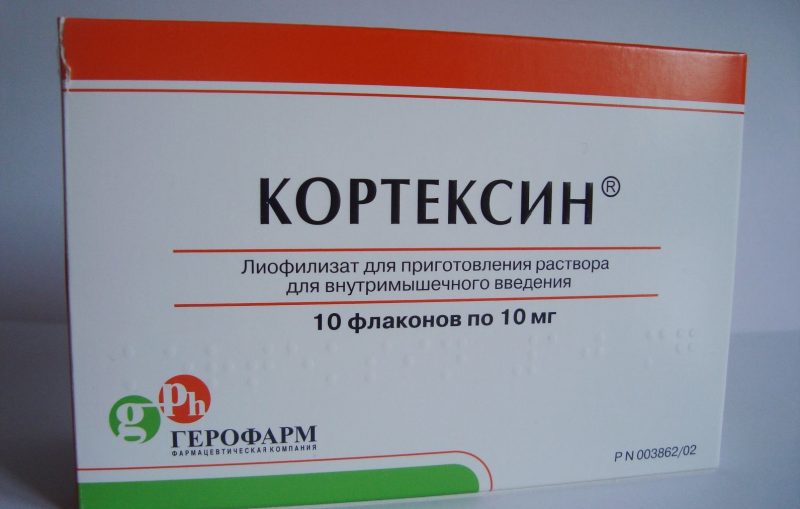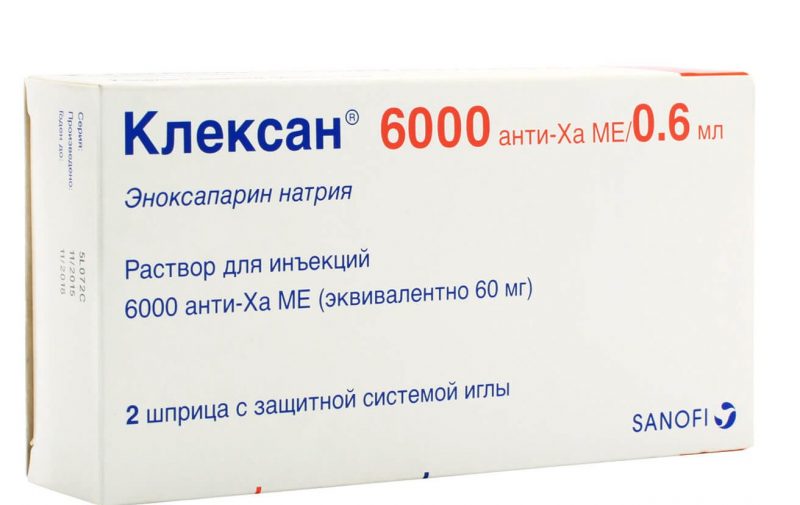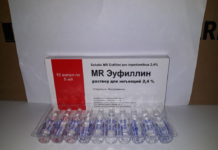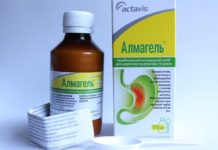Why is “Actovegin” prescribed during pregnancy? Is its use fraught with any danger? Is there a real effect of the drug? We hope to find answers to these questions with a detailed analysis of the annotation to the drug.
Material Content:
- 1 The composition and form of the drug
- 2 Pharmacological properties and pharmacokinetics
- 3 Why is Actovegin prescribed to pregnant women?
- 4 Instructions for use of the drug
- 5 The correct dosage of Actovegin
- 6 Positive and negative qualities of the drug for pregnant women
- 7 Drug interaction
- 8 Contraindications, side effects and overdose
- 9 Analogues of the drug Actovegin
- 10 What is better Actovegin or Clexane
The composition and form of the drug
The medicine is obtained by fine filtering the blood of calves. All components larger than 5000 daltons are removed from the biological fluid. Proteins are eliminated. Only low molecular weight cellular components remain in the substance, including amino acids, oligosaccharides, fatty acids, nucleosides. The resulting substance is called a hemoderivative or hemodialysate.
The specified medicinal product has several forms of release, including:
- A solution in ampoules of 2, 5 and 10 ml with an active ingredient content of 80, 200 and 400 mg. The rest of the volume is filled with purified water. This form is used for injection.
- Ready-made preparation for droppers in 250-ml glass flasks with a stopper diluted with aqueous sodium chloride. Droppers "Actovegin" are available with a dosage of 4 and 8 mg / ml.
- Film-coated, smooth, convex white tablets with an active substance content of 200 mg. The active ingredient is concentrated in the core, which, in addition to it, includes cellulose, talc and other fillers.The shell is formed from polymers, gum and wax.
In addition to these forms, there are drugs for topical use: cream and skin gel, ointment and eye gel. Of the listed funds in gynecology, only the first three forms are used. The remaining funds are applied topically to accelerate the restoration of damaged tissues.
Pharmacological properties and pharmacokinetics
The pharmacological properties of the drug can only be judged by the results of observations of patients taking it. It is impossible to describe the pharmacokinetics of Actovegin as one of the modern means of assessment, since it contains low molecular weight compounds, the presence of which is characteristic of the body. That is why the distribution of the active substances of the drug cannot be tracked.
Practitioners also noted that in patients with impaired renal and hepatic function, there was no change in the effectiveness of the drug.
According to the manufacturer, hemodialysate increases the ability of tissues and organs to absorb and absorb oxygen.
In accordance with this, the state of blood vessels improves, the tone of their walls increases, permeability decreases and, as a result, edema disappears, capillary blood flow normalizes, cellular metabolism and respiration are restored, and the ability to produce energy increases. Cell membranes return to normal. By stimulating physiological processes, trophism of tissues and the ability to regenerate are improved.
After administration of the drug, positive dynamics are observed after half an hour. A further effect of the drug can be traced for another three hours.
Why is Actovegin prescribed to pregnant women?
Instructions for use of the drug do not contain direct instructions for use during pregnancy.
According to the manufacturer, Nycomed, no clinical trials of the drug have been conducted.
This was not necessary, since Russian legislation allows the registration of medicines without conducting such studies.
For the drug "Actovegin" the most significant sales market is Russia and the CIS countries - about 70% of the Swiss company’s exports are in this region. The manufacturer notes the fact that the drug is promoted by practitioners themselves without his recommendations. It is the doctors who recommend it to patients on the basis of their own observations, which may indicate relative safety and some effectiveness of the drug.
In particular, "Actovegin" during pregnancy is prescribed when identifying problems with blood flow in the mother - placenta - fetus system. As part of complex therapy, it is prescribed for gestosis, placental insufficiency, placental abruption, the threat of hypoxia and intrauterine growth retardation.
It is believed that the drug is able to normalize the course of metabolic processes, improve tissue oxygen supply, stimulate fetal nutrition through the placenta and accelerate the development of all tissues and organs of the unborn child.
According to studies published in the journal Russian Bulletin of the Obstetrician-Gynecologist in February 2012, based on observations of thirty women, it can be argued that in more than half the cases, the inclusion of Actovegin in complex therapy for preserving pregnancy had a positive effect. The majority of those observed actually decreased blood pressure, and improved dopplerometry. A month later, from the appointment of treatment, there was a positive dynamics in the development of the placenta and fetal tissues.
Instructions for use of the drug
The course of treatment with the drug lasts from two to six weeks. On average, the duration of therapy is a month.
- "Actovegin" in the form of tablets is taken three times a day. The product is swallowed whole, without chewing, be sure to eat. Wash down with a little water. A single dose is prescribed by a doctor. It can be one or two tablets.
- Before injections, an allergy test must be performed. With negative results, the drug is prescribed in a dose of ten to twenty milliliters per day. It can be injected directly into a vein or muscle. The drug is injected into the vessel either with a syringe for two minutes, or with a dropper for 30 to 40 minutes.
The frequency of administration is determined by the doctor. Typically, injections are given from once a day to several times a week. It is important to observe the periodicity and at the same time to trace the effect of the use of the drug. The finished solution in a container of 250 ml per day leaves from one to two bottles.
More often, intravenous and intramuscular administration is prescribed during the first two weeks. Subsequently, after the patient's condition improves, they switch to Actovegin tablets.
The correct dosage of Actovegin
There are no general recommendations for the use of Actovegin in pregnant women. Each doctor decides at what dose to prescribe the drug based on his own clinical experience. However, according to the results of studies published all in the same journal “Russian Bulletin of the Obstetrician-Gynecologist”, it can be concluded that an effective dose is 5 ml of an injection solution daily for two weeks. After the completion of the injection course, you can proceed to the tablets, which should be taken for another two weeks in the amount of 400 mg per day.
In the treatment of gestosis in pregnant women, Actovegin is prescribed together with Phlebodia 600 or its analogue Diosmin, which are applicable throughout the course of treatment in the amount of 1200 mg per day. In practice, a combination of these drugs has shown the greatest effectiveness.
Positive and negative qualities of the drug for pregnant women
Since there have been no official clinical trials of the drug, its effectiveness can only be judged on the basis of particular cases. There are no direct recommendations on the use of Actovegin in gynecology, but many obstetricians themselves make their choice.
It is believed that hemoderivative can help maintain pregnancy, normalize placental blood flow, improve capillary circulation, supply the fetus with enough oxygen, slow down the process of aging of the placenta and accelerate the development of fetal tissue. However, no objective studies confirm these findings.
"Actovegin" refers to drugs with unproven efficacy and unproven safety.
There are no results on the study of the long-term effects of the drug on the mother and fetus. As a natural remedy, it can cause severe allergic reactions, edema and drug fever.
There is one more significant point. Since the drug is obtained by distilling the blood of animals, it can contain any, not yet discovered and unstudied low molecular weight substances, including viruses and their components. And it’s impossible to predict how the body will behave, to which these components get into the bloodstream.
Drug interaction
Since the mechanism of action of the drug has not been established, there are no ways to find out how it can interact with other drugs. However, in order to avoid conflicts between chemical compounds, no other drugs are ever added to the injection solution.
Contraindications, side effects and overdose
Regardless of the form of release of the drug, the same negative phenomena can be observed:
- temperature rise;
- itching and flat, small rashes like hives;
- fluid retention in the tissues and, as a result, the appearance of edema;
- severe allergic reaction in the form of anaphylactic shock.
Based on data on adverse events, contraindications were established.
They are:
- decreased urine formation rate;
- swelling of vital organs (e.g., pulmonary edema);
- cardiac pathology;
- high susceptibility to allergic reactions.
When prescribing the wrong dosage in patients, violations of the digestive tract are noted. In this case, you should adjust the treatment and apply symptomatic therapy.
Analogues of the drug Actovegin
Of the existing drugs, there is only one that is similar in chemical composition and origin to the drug in question. It is called “Solcoseryl” and is available in the form of local medicines (ointments and gels), as well as injection solutions.
Solcoseryl is also obtained from the blood of calves. One milliliter of such a preparation contains 42.5 mg of dry matter. From 2 to 10 ml of such a solution is administered per day. Elevated doses are used in the treatment of serious cerebrovascular accidents.
Similar properties are possessed by the medicines Cortexin and Cerebrolysin, which, unlike Actovegin, are made not from blood, but from the substance of the meninges of pigs and cows. They have approximately the same effect and cause similar side effects. Both drugs are for unproven safety products.
What is better Actovegin or Clexane
"Klesan" - a drug produced from the mucous membranes of the intestines of pigs. It is an analogue of heparin (a chemical compound that prevents blood coagulation) and is used to prevent blood clots and improve blood circulation.
Since the product is a direct anticoagulant, it cannot be used during pregnancy. The consequence of this appointment may be miscarriage and dangerous bleeding during childbirth and obstetric care.
Comparison of these drugs can only be done in a specific situation. Regarding pregnancy, the choice is obvious - "Clexane" can not be used when there is a threat of miscarriage.
The appropriateness of treatment with Actovegin during pregnancy can be challenged. But do not forget that the doctor makes appointments, relying on professional experience. In certain situations, the use of this drug may be vital for the mother and fetus.


